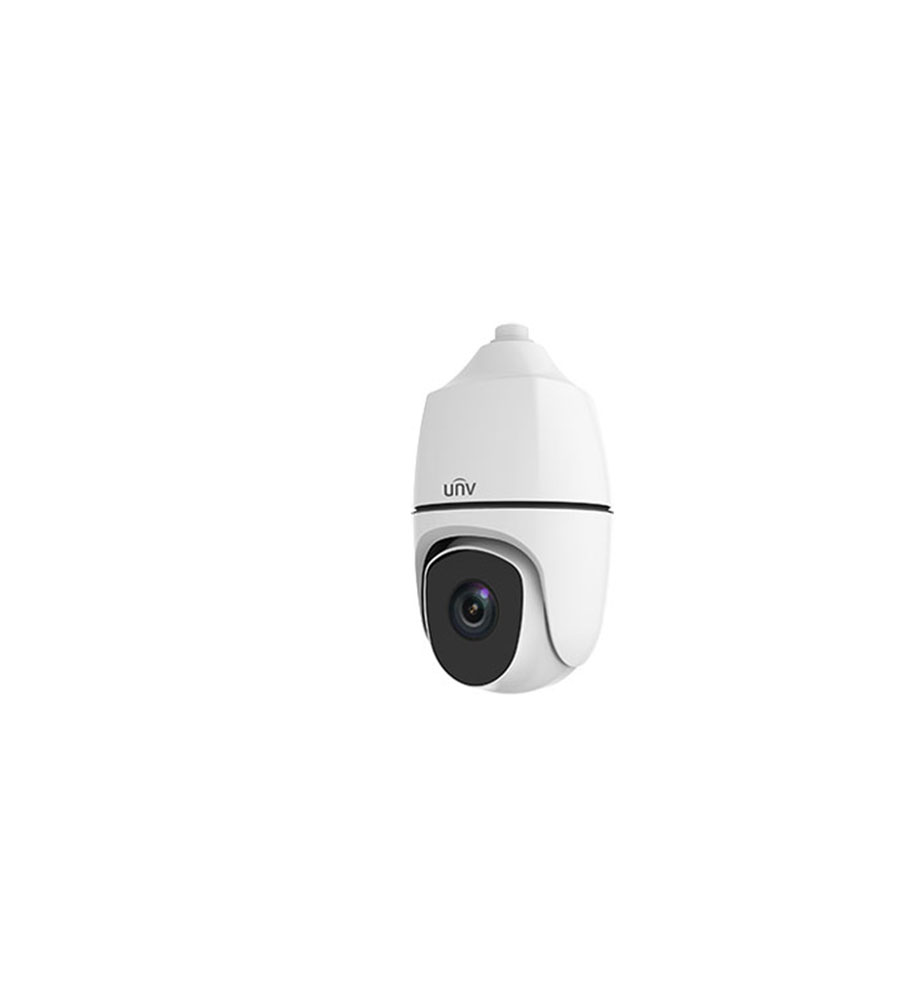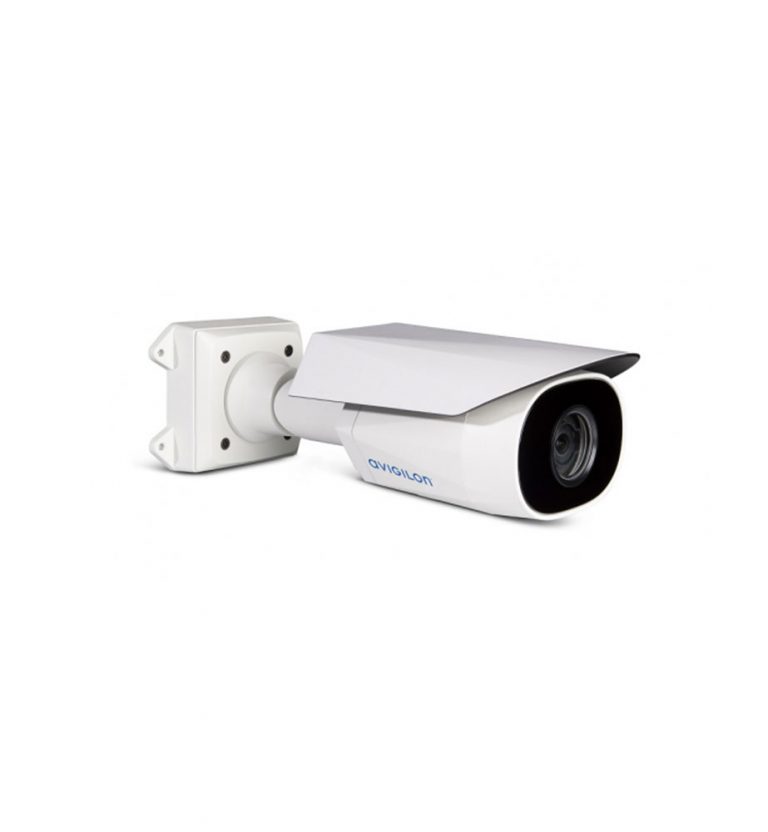




First, DIE determines the type of file, and then sequentially loads all the signatures, which lie in the corresponding folder.While the crypto space has made giant strides in the last several years, the vulnerability of the industry to exploitation by criminals for money laundering and other illicit activity remains a problem. The names of sub-folders correspond to the types of files. If you open this folder, nested sub-folders will be found ("Binary", "PE" and others). All the three use the same signatures, which are located in the folder "db". Basic version ("DIE"), Lite version ("DIEL") and console version ("DIEC"). The possibilities of open architecture compensate these limitations.ĭIE exists in three versions. Indeed, scripts run slower than compiled code, but, thanks to the good optimization of Script Engine, this doesn't cause any special inconvenience. Possibly, someone may decide the scripts are working very slow. The script language is very similar to JavaScript and any person, who understands the basics of programming, will understand easily how it works. You can easily add your own algorithms of detects or modify those that already exist. As time passes, such programs lose relevance without the constant support.ĭetect It Easy has totally open architecture of signatures. No one, except the authors themselves, can change the algorithm of a detect. Hence, to add a new complex detect one needs to recompile the entire project. More complicated algorithms are usually strictly set in the program itself. As the result, false triggering often occur. Unfortunately, those signatures scan only bytes by the pre-set mask, and it is not possible to specify additional parameters. Many programs of the kind (PEID, PE tools) allow to use third-party signatures. Detect It Easy, or abbreviated "DIE" is a program for determining types of files.


 0 kommentar(er)
0 kommentar(er)
